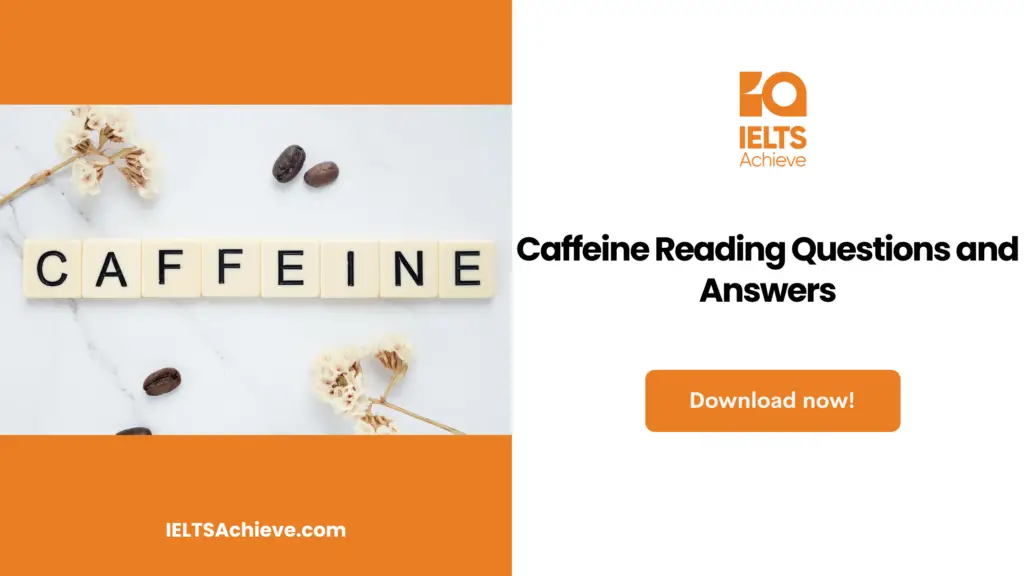The Blog post contains the following IELTS Reading Questions:
- IELTS reading Matching Headings
- IELTS reading Yes/No/Not Given
Stay informed and prepared for success – Explore our comprehensive Reading Test Info page to get valuable insights, exam format details, and expert tips for mastering the IELTS Reading section.
IELTS Reading Passage – Leisure time

Leisure time
A. A raft of forecasts has been made in the recent decade, predicting the decline in the number of working hours coupled with a consequent increase in leisure time. It was estimated that the leisure revolution would take place by the turn of the last cent my with hours devoted to work railing to 25-30 per week, This reduction hits failed to materialise, but the revolution has, nonetheless, arrived.
B. Over the past 30 to 41 years, spending on leisure has witnessed a strong increase, According to the annual family expenditure survey published in 1935 by the Office for National Statistics, the average household in the United Kingdom spent more on leisure than food, housing and transport for the very first time, and the trend is also set to continue upwards well into the present century.
C. The survey, based on a sample of 6,500 households showed, that the days are long gone when the average family struggled to buy basic foods. As recently as 1969, family spending on food was approximately one third compared to 17% now. Twelve years later, there was a noticeable shift towards leisure with the percentage of household spending on leisure increasing to 9%, and that on food declining to 26%.
D. The average household income in the UK in 1999 was £460 per week before tax, and average spending was £352.20. Of the latter sum, £59.70 was spent on leisure and £58.90 on food. On holidays alone, family expenditure was 6%, while in 1969 the proportion spent on holidays was just 2%. And whereas the richest 10% lashed out 20% of their income in 1999 on leisure, the poorest spent 12%.
E. Among the professional and managerial classes, working hours have increased and, overall in the economy, record numbers of people are in employment. As people work more, the appetite for leisure activities has grown to compensate for the greater stress in life. The past 5 years alone have seen the leisure business expand by 25% with a change in emphasis to short domestic weekend breaks and long-haul short breaks to exotic destinations in place of long holidays. In the future, it is expected that people will jump from one leisure activity to another in complexes catering for everyone’s needs with gyms, cinemas, cafes, restaurants, bars and internet facilities all under one roof. The leisure complexes of today will expand to house all the leisure facilities required for the leisure age.
F. Other factors fueling demand for leisure activities are rising prosperity, increasing longevity and a more active elderly population. Hence, at the forefront of leisure spending are not just young or professional classes. The 1999 family expenditure survey showed that the 64 to 75-year-old group spend a higher proportion of their income on leisure than any other age group. The strength of the “grey pound” now means that elderly people are able to command more respect and, thus, attention in the leisure market.
G. And the future? It is anticipated that, in the years to come, leisure spending will account for between a third to a half of all household spending. Whilst it is difficult to give exact figures, the leisure industry will certainly experience a long period of sustained growth. Working hours are not expected to decrease, partly because the 24-hour society will need to be serviced; and secondly, because more people will be needed to keep the service/leisure industries running.
H. In the coming decades, the pace of change will accelerate, generating greater wealth at a faster rate than ever before. Surveys show that this is already happening in many parts of Europe. The south-east of England, for example, is now supposedly the richest area in the EEC. The “leisure pound” is one of the driving forces behind this surge. But, sadly, it does not look as if we will have the long leisure hours that we had all been promised.
Unlock your full potential in the IELTS Reading section – Visit our IELTS Reading Practice Question Answer page now!
Recommended Questions:
Renewable Energy IELTS Reading Question with Answer
Questions
Questions 29-35
Reading Passage has 8 paragraphs (A-H).
Choose the most suitable heading for each paragraph from the list of headings below.
Write the appropriate numbers (i-xiv) in Boxes 29-35 on your answer sheet.
One of the headings has been done for you as an example.
You may use any heading more than once.
There are more headings than paragraphs, so you will not use all of them,
Example: Paragraph D Answer: iv
29. Paragraph A
30. Paragraph B
31. Paragraph C
32. Paragraph E
33. Paragraph F
34. Paragraph G
35. Paragraph H
List of headings
i. Leisure spending goes up strongly
ii. Decreasing unemployment
iii. False forecasts
iv. Spending trends – leisure
v foodv. More affordable food
vi. Leisure as an answer to stress
vii. Looking forward
viii. The leisure revolution – working hours reduced to 25
ix. The “grey pound” soars
x. Rising expenditure
xi. The elderly leisure marketx
ii. National Statisticians
xiii. Work, stress, and leisure all on the up
xiv. Money yes, leisure time no
Ready to conquer Matching Headings questions? Click here to learn essential tips and techniques for matching headings accurately to paragraphs or sections in the IELTS Reading section.
Questions 36-40
Do the statements below agree with the information in Reading Passage? In Boxes 36-40, write:
YES, if the statement agrees with the information in the passage
NO, if the statement contradicts the information in the passage
NOT GIVEN, if there is no information about the statement in the passage
Example: In recent decades, an increase in working hours was predicted. Answer: No.
36. At the turn of the last century, weekly work hours dropped to 25.
37. Spending on leisure has gone up over the past three decades.
38. Long holidays have taken the place of long-haul short breaks.
39. In future, people will pay less for the leisure facilities they use than they do today.
40. 24-hour society will have a negative effect on people’s attitudes to work.
Want to excel in identifying the writer’s views and claims? Click here to explore our in-depth guide on how to accurately determine Yes, No, or Not Given in the IELTS Reading section.
Unlock your full potential in the IELTS Reading section – Visit our IELTS Reading Practice Question Answer page now!
Recommended Questions:
Renewable Energy IELTS Reading Question with Answer
Answers for Leisure time
29. Answer: III
30. Answer: I
31. Answer: IV
32. Answer: XIII
33. Answer: XI
34. Answer: VII
35. Answer: XIV|
36. Answer: NO
37. Answer: YES
38. Answer: NO
39. Answer: NOT GIVEN
40. Answer: NOT GIVEN

We hope you found this post useful in helping you to study for the IELTS Test. If you have any questions please let us know in the comments below or on the Facebook page.
The best way to keep up to date with posts like this is to like us on Facebook, then follow us on Instagram and Pinterest. If you need help preparing for the IELTS Test, join the IELTS Achieve Academy and see how we can assist you to achieve your desired band score. We offer an essay correction service, mock exams and online courses.

